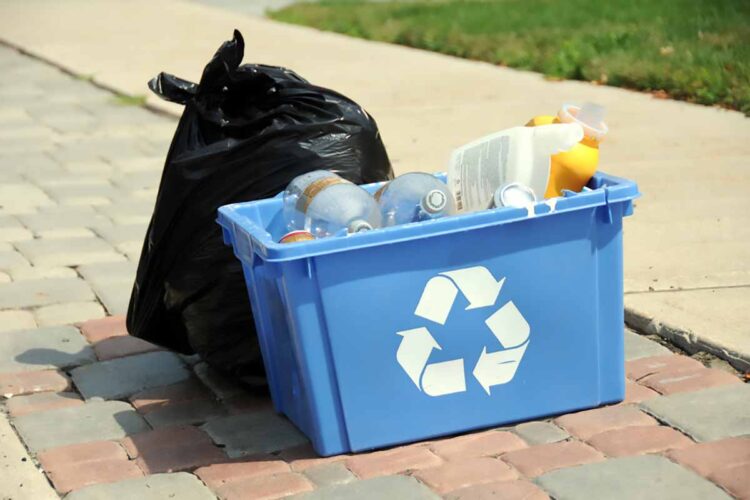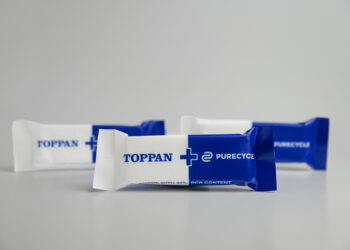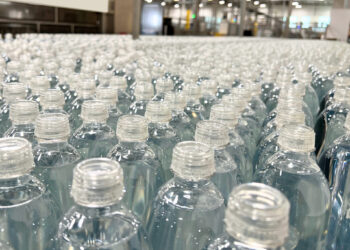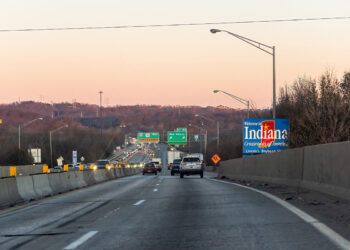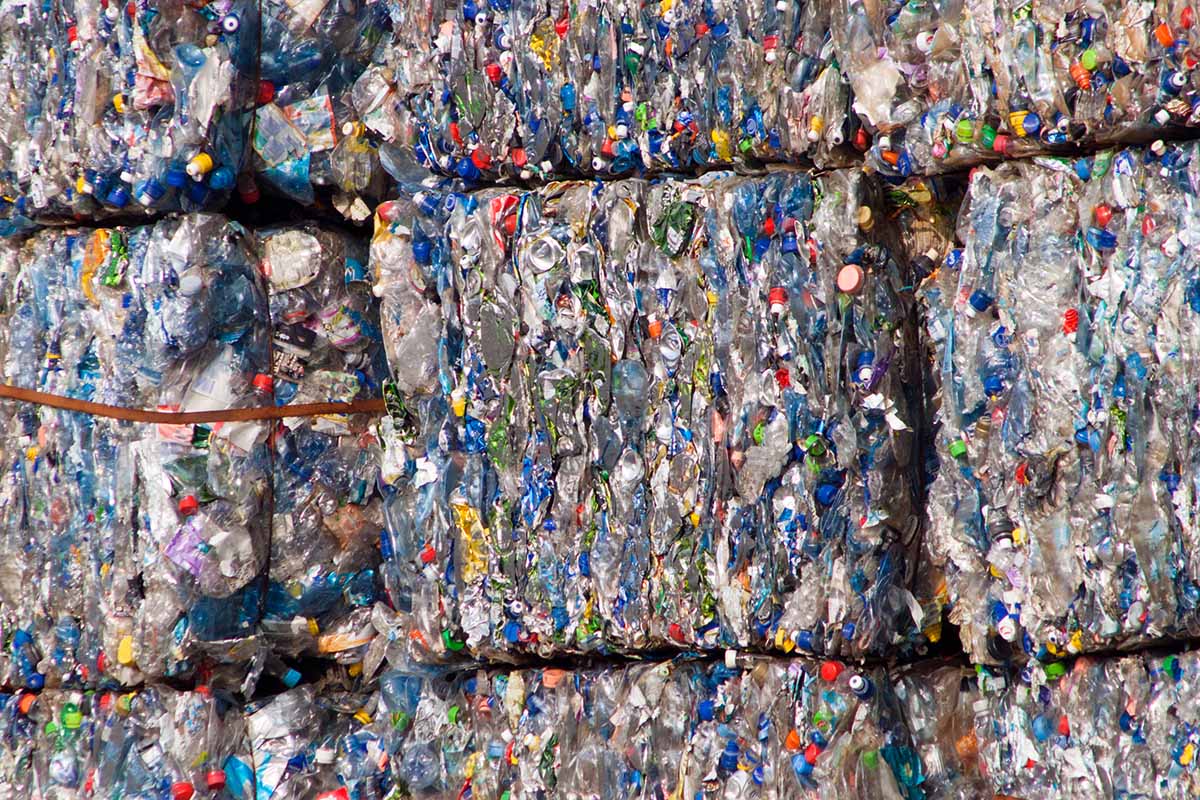A study published today by the Global Alliance for Incinerator Alternatives outlines familiar problems and constraints with the U.S. plastics recycling system.
The GAIA report looked at Baltimore; Detroit; Long Beach, Calif.; Minneapolis; and Newark, N.J. It chose these cities because they “currently incinerate their waste or have recently relied on waste incineration, highlighting how burning waste undermines successful recycling programs,” the group wrote.
GAIA reported that 64% of plastic in the waste stream in the five cities is “not recyclable through municipal recycling or state redemption programs.”
It also quantified challenges with readily recyclable plastics. The study found that, in the five cities, only 24% of PET, HDPE and PP was getting recycled, and the remainder was landfilled or incinerated. As such, the group wrote that cities “should prioritize collecting only plastic that can be recycled.”
The report also highlighted a lack of available or current data on municipal waste flows, making it more difficult to fix municipal recycling system problems.













